This is our weekly roundup of good news from around the world. If you'd like to get this in your inbox, you can subscribe for free below.
Give a damn
We're excited to introduce our newest charity partner, School for Life, a nonprofit that builds schools and empowers local communities in Uganda. Among their many programs is one on menstrual hygiene, a key issue that prevents girls from attending class. Each additional year of education can raise a girl's future earning power by up to 25%, so helping them stay in school makes a big difference in stopping the cycle of poverty.
Thanks to our paid subscribers, we're sending them $7,500 to distribute 2,500 reusable menstrual hygiene management kits. These kits are a tried-and-tested solution in a place where modern sanitary pads are unaffordable, and will be made by their in-house tailoring program, providing employment and upskilling opportunities. School for Life ran this program last year, and it made a measurable difference. This donation will help them run it again this year, at an even larger scale.
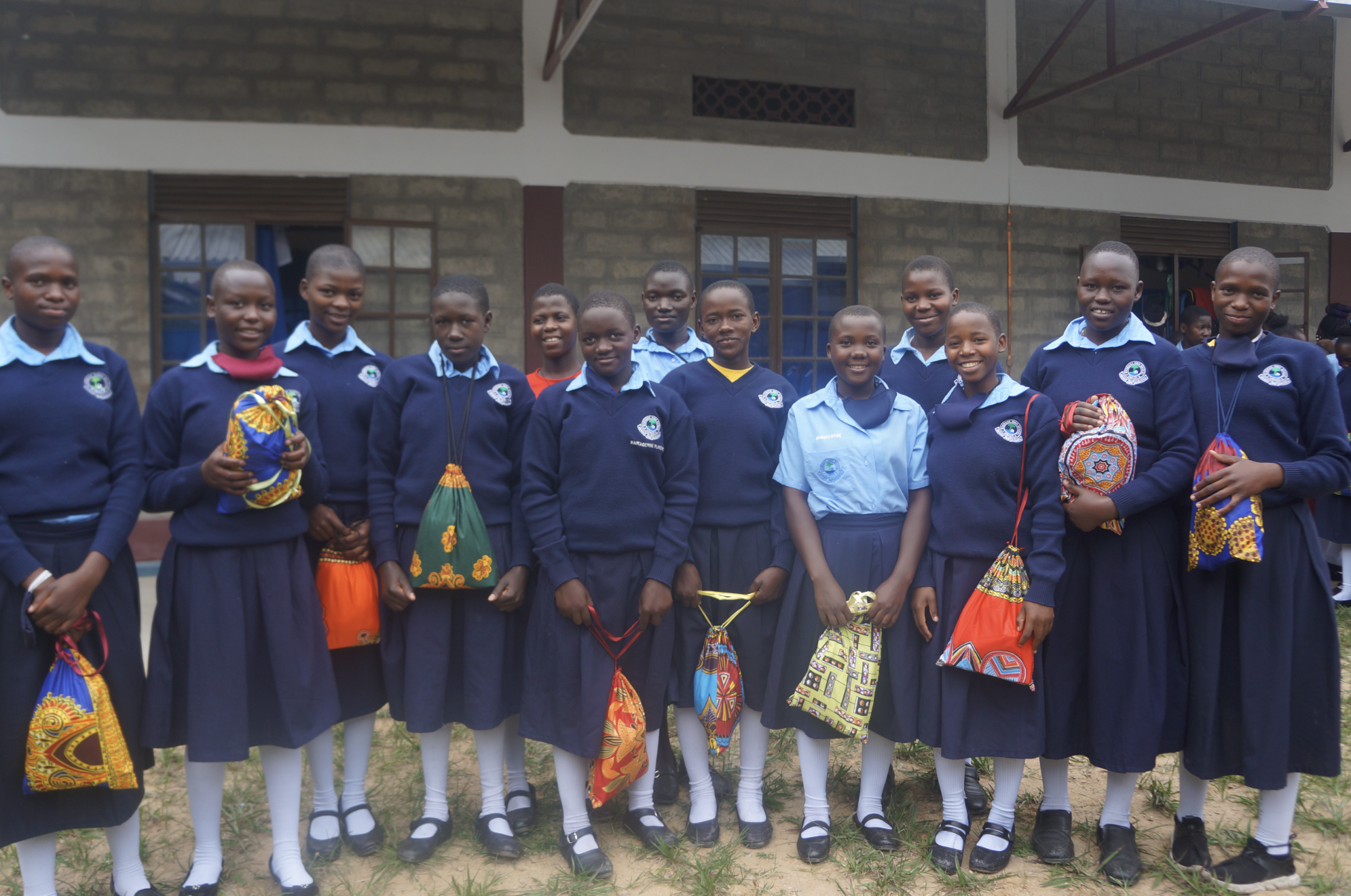
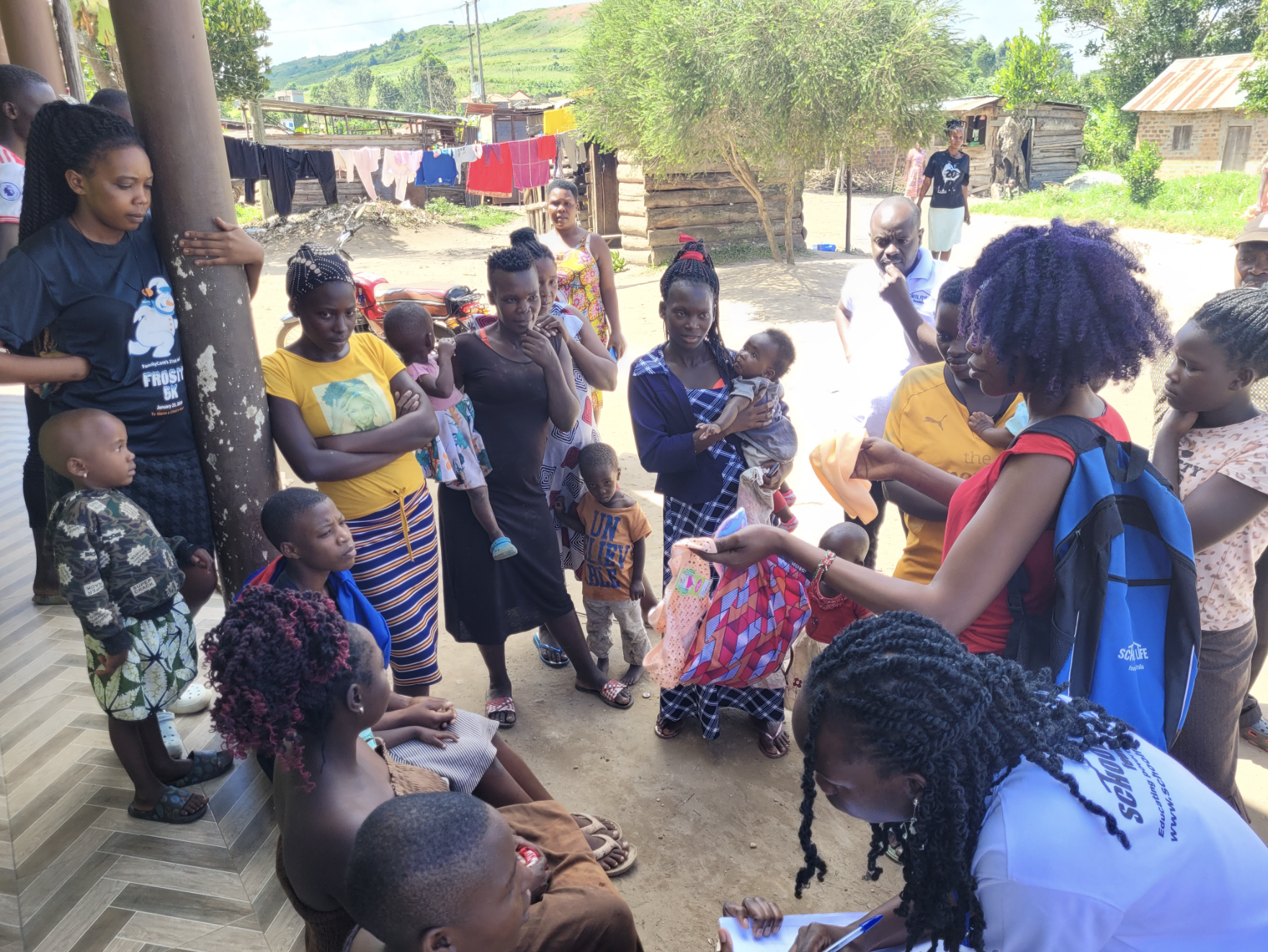
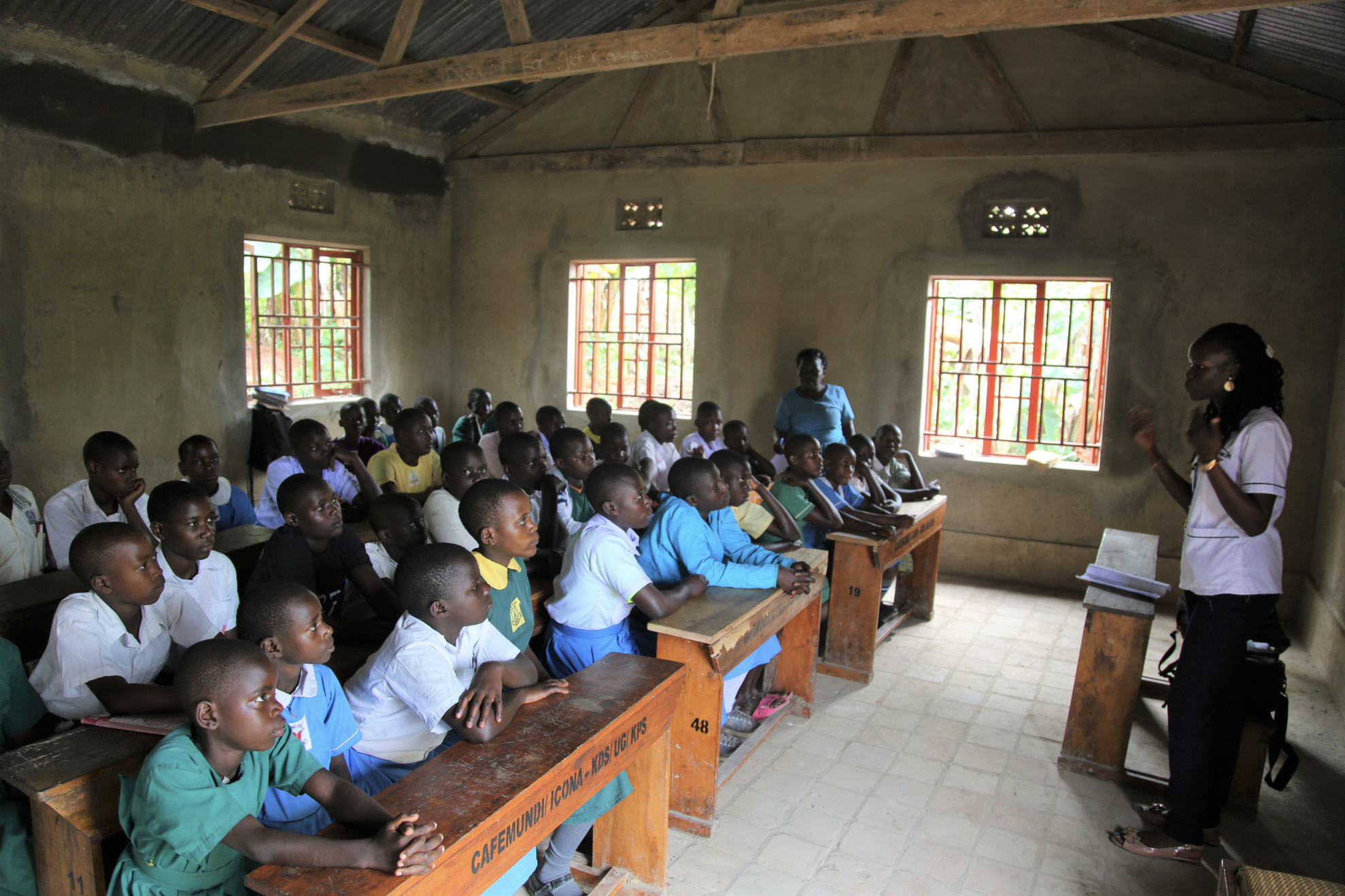
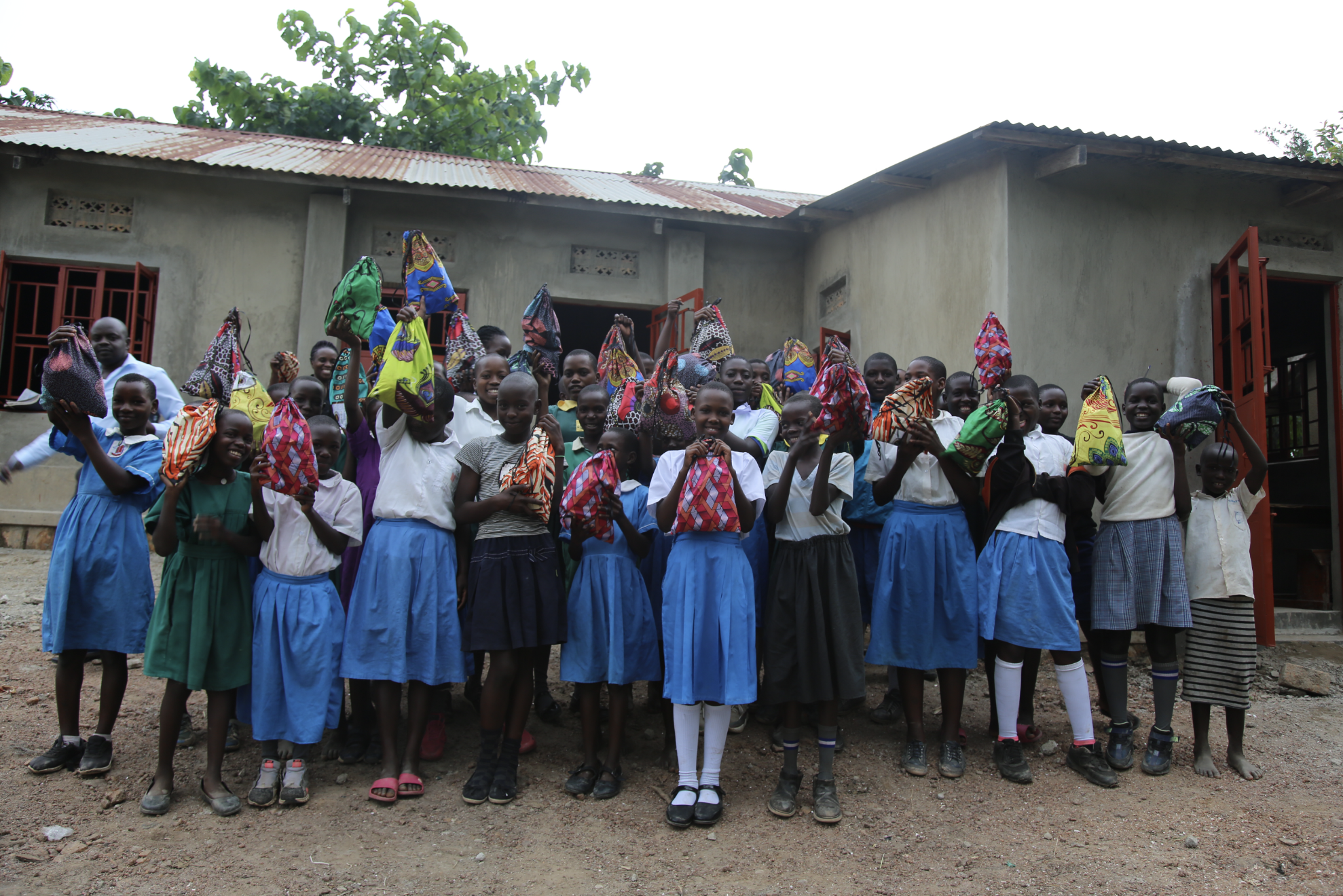
Good news you probably didn't hear about
UNICEF says there were 16 million fewer stunted children in India in 2022 than in 2012. The prevalence of stunting—the result of poor nutrition in utero and during early childhood—fell from 42% to 32% during the last decade, and India’s share of the global burden declined from 30% to 25%. Times of India
Fatal heart disease in the United States dropped about 4% a year between 1990 and 2019. It's still the country's leading cause of death—but during the last three decades, the mortality rate for women has fallen from 210 to 66 per 100,000, and for men from 442 to 156 per 100,000. This is an astonishing decline, and it could have been even greater if not for an increase in obesity. American Heart Journal
Lawmakers in Ghana have passed a bill that prohibits the naming, accusing or labelling of another person as a witch, with offenders facing up to five years in jail if found guilty. 'It's going to bring about a serious mind shift, correct a lot of ills in our society and I'm confident that we are building a better society for ourselves.' TRT Afrika
Shootings in New York are down 26% this year, and the murder rate has declined by 11%. In fact, the first seven months of 2023 have seen a decrease in five of the seven major crime categories. And yet, in a poll last month, four in ten residents said they’ve 'never been this worried about my personal safety.' Hmmm, any guesses as to why there's such a big perception gap? NYT
When was the last time you heard any news out of Mexico that wasn't about migrants, drugs or crime? How about this: between 2020 and 2022 the number of people living in poverty in Mexico declined by 8.9 million and average household incomes increased by 11%, thanks to a new national minimum wage and the provision of social programs.
Air pollution in Europe continues to fall, according to a new report from the European Environment Agency. Between 2005 to 2021, particulate emissions fell by 27%, and emissions of sulphur dioxide fell by 80%, even as GDP increased by almost 50%. Thirteen of the bloc's member states have now met their respective 2020-2029 targets.
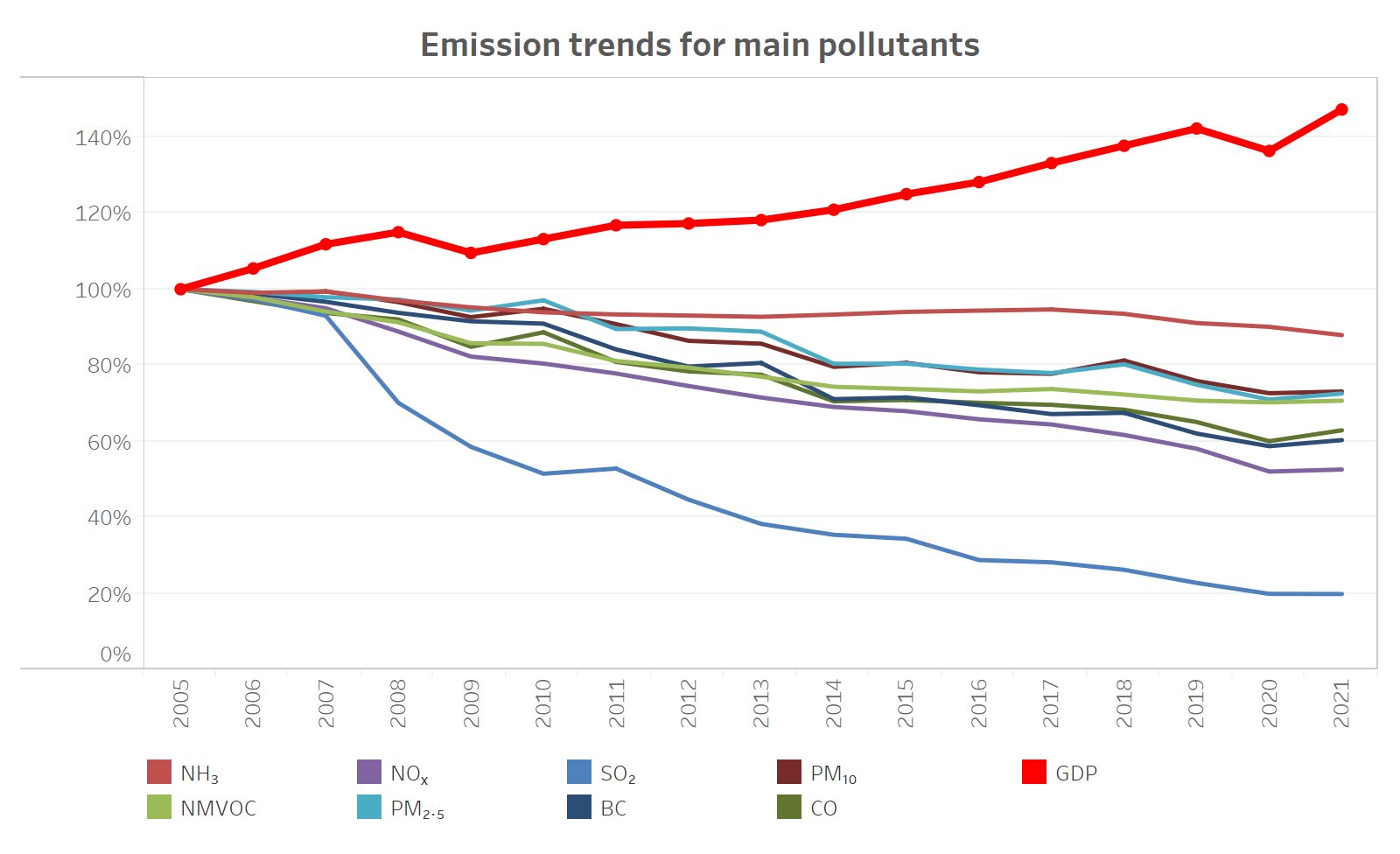
In 2012, India introduced a set of rules that restricted tobacco content in movie theatres and on television broadcasts. Now it's become the first country to regulate tobacco on streaming platforms—serving as a model to other countries for adapting advertising regulations in the digital age. Think Global Health
Individual cigarettes in Canada will now carry warnings such as 'poison in every puff.' The measure, the first of its kind in the world, is one of the new regulations coming into effect this week that will see far tighter controls on the tobacco industry. It's good news. Tobacco kills almost 50,000 Canadians every year. Guardian
The recent slowing of deforestation is part of a broader wave of progress in Brazil. Lula’s administration is close to finalising a major tax reform, FDI and agricultural productivity are rising, grain exports are filling the gap created by Russia's food terrorism, renewable energy investment is increasing, and solar is rapidly growing. Economist
Oman recently passed a new labour law that increases paid maternity leave from 50 to 98 days, guarantees one hour per day of nursing for one year from the end of maternity leave, and explicitly states that termination of employment due to pregnancy, childbirth or breastfeeding is considered arbitrary. Migrant Rights
There's a revolution taking place in the understanding of endometriosis, a disease of the reproductive system that affects the same number of women as diabetes, yet receives 5% as much funding. 'Women’s health is starting to get more attention, and that’s about time. It’s slowly coming together.' Guardian
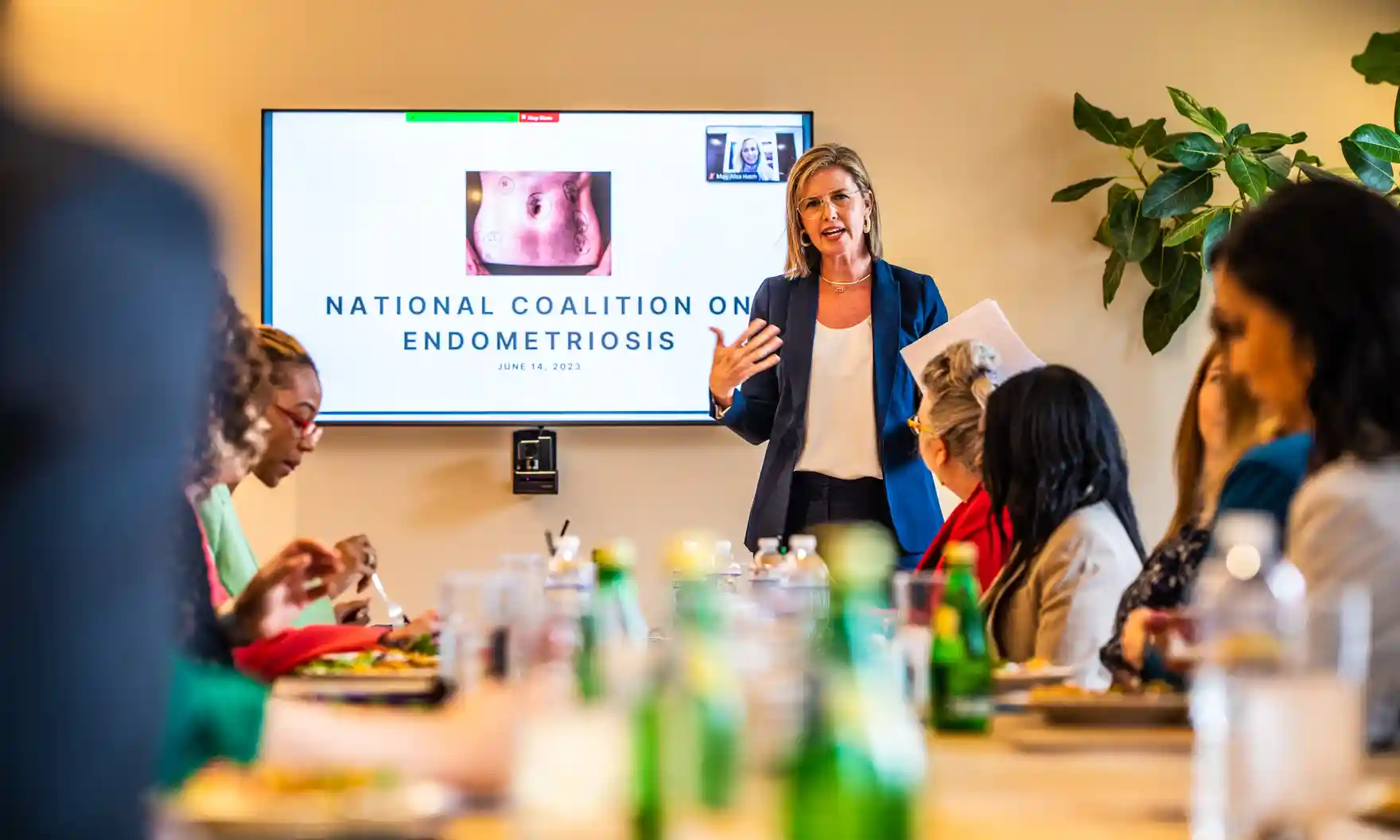
Hope Is A Verb
Meet Christine Figgener, a marine biologist who sparked a global movement against single-use plastic in 2015, when her YouTube video of a turtle having a straw removed from its nose went viral. In the latest episode of our podcast Christine shares her journey from growing up in an industrial town in Germany to running conservation programs in Costa Rica, where she first fell in love with leatherback turtles over 17 years ago.
Reflecting on the eight years since her video 'accidentally' fuelled a global debate over ocean pollution, Christine talks us through her transition from scientist to storyteller and activist, and what it takes to save a species on the brink of extinction and in the face of climate change.
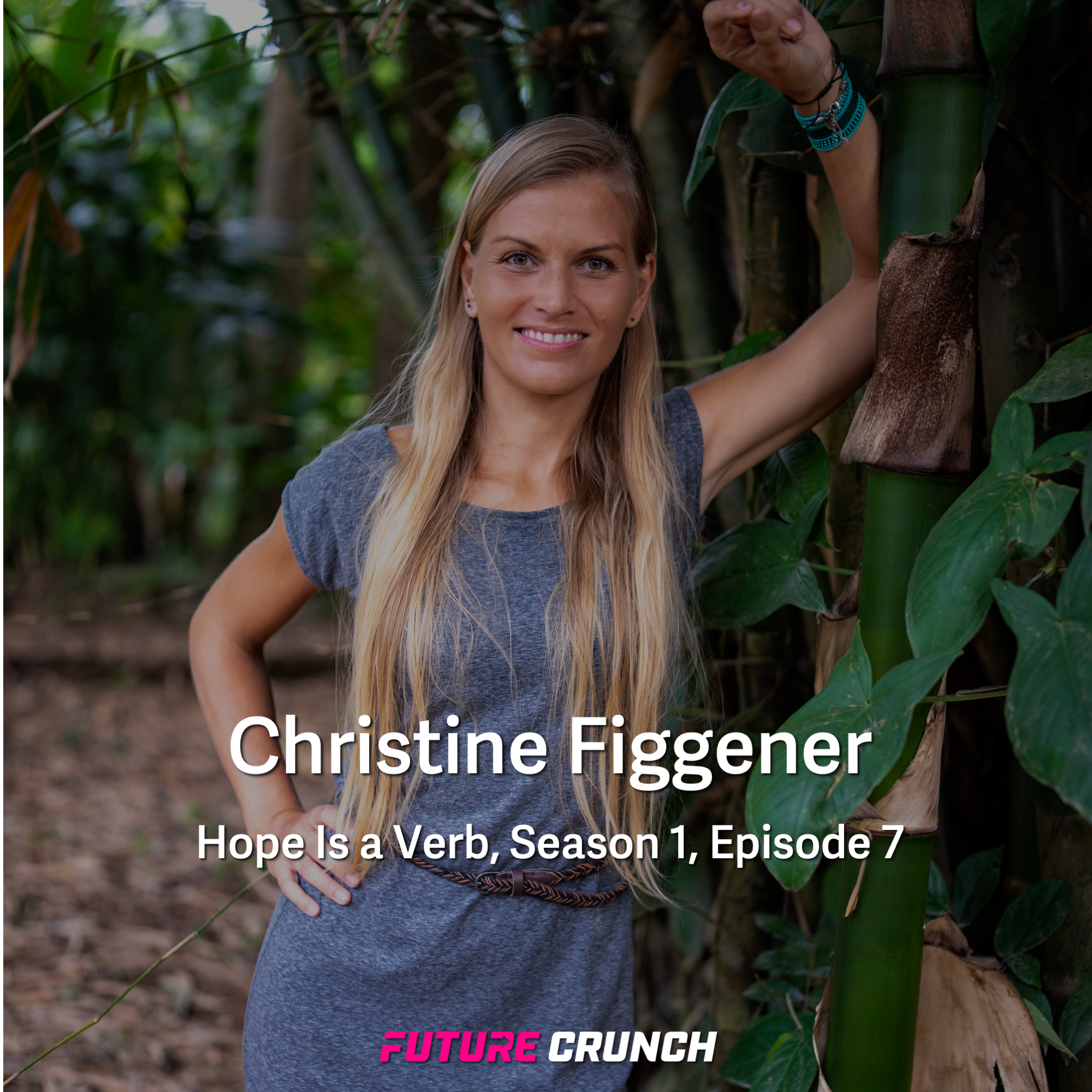
The only home we've ever known
This one's going to be controversial, but if accurate then it's very, very good news. According to Dutch researchers, who looked at over 20,000 measurements worldwide, the extent of plastic soup in the world's oceans is closer to 3.2 million tons, far smaller than the commonly accepted estimates of 50-300 million tons. NL Times
Eight countries—Bolivia, Brazil, Colombia, Ecuador, Guyana, Peru, Suriname and Venezuela—have agreed to protect the Amazon, pledging to stop the world’s biggest rainforest from reaching 'a point of no return,' and laying out a 10,000-word roadmap to promote sustainable development, end deforestation and fight the organised crime that fuels it. Al Jazeera
More on the Baaj Nwaavjo I’tah Kukveni national monument established in northern Arizona last week. The protected area encompasses 4,045 km2, split into two regions, one near the north rim of the Grand Canyon and the other near the south rim. The designation protects the area against all future mineral claims and has strong bipartisan support across the state. Outside Online
Loved this story. A sprawling network of irrigation canals across Spain, created by the Moors 1,000 years ago, are being excavated and brought back to life to adapt to climate change. Over 100 km have now been uncovered, with many more to come. 'Some farmers who were 80 or so were crying because they thought they would never see the water flowing again.' NYT
Pepsi and Walmart are collaborating to help North American farmers adopt regenerative agriculture practices across two million acres of farmland over the next seven years. Nestlé has also pledged £1 billion for regenerative agriculture across its supply chain and has committed to sourcing 50% of key ingredients from regenerative agriculture methods by 2030. Food Service
This way of farming is really sexy.
A flourishing movement of 1,000 'Indigenous Guardians' is redefining conservation in Canada. Five years ago, there were 30 programmes. Today, there are over 120, across every province and territory, and they have over 500,000 km2 of proposed protected areas under consideration, rooted in Indigenous laws, governance and knowledge systems. BBC
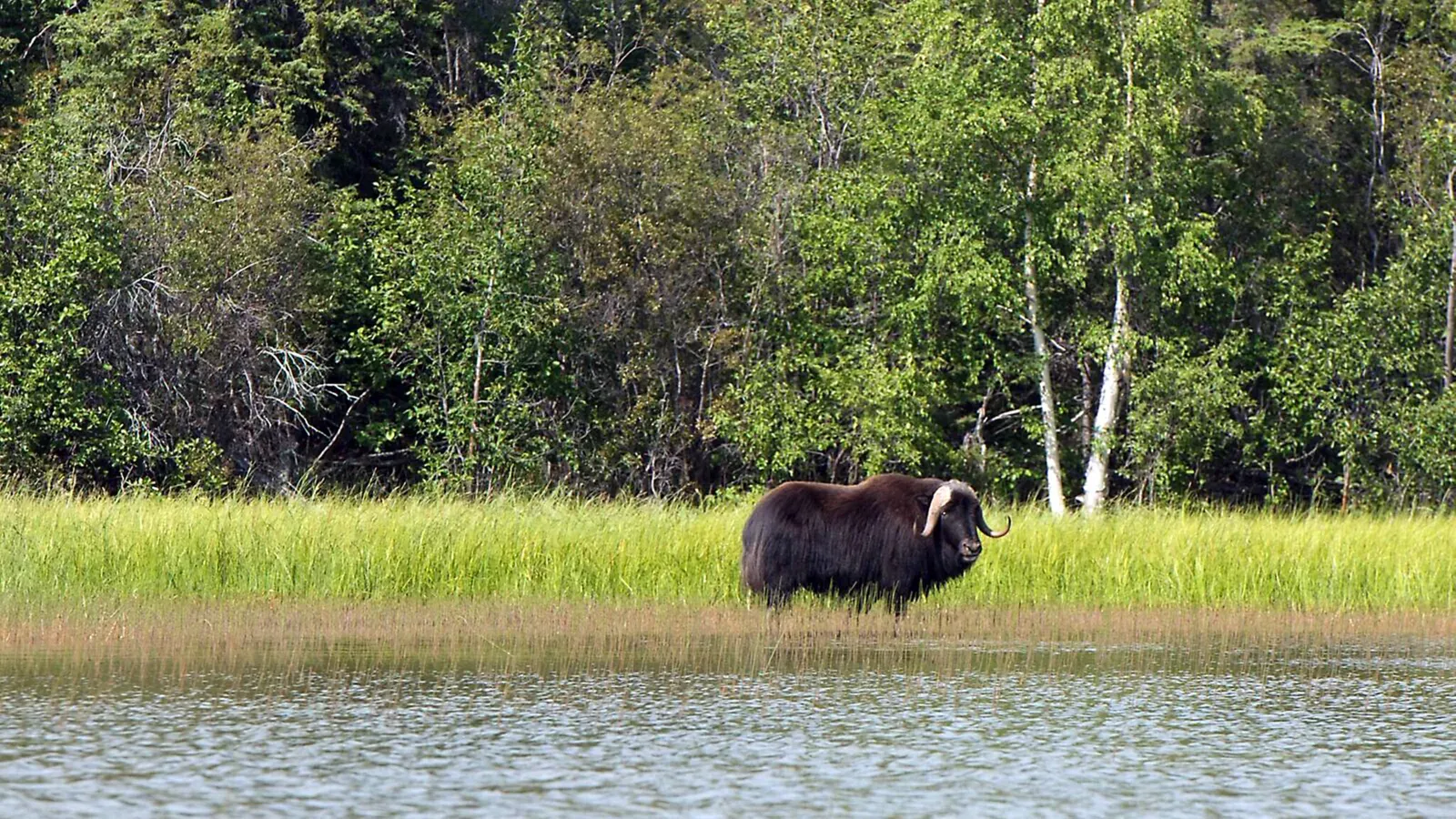
For more than a decade, the Chumash tribe have led a campaign to create a marine sanctuary off the California coast. Now their vision might be nearing reality, as over 18,000 km2 of ocean could soon become the largest national marine sanctuary in the continental United States, as well as one of the first federal sanctuaries spearheaded by a Native American tribe. NPR
A project in the Netherlands will restore the Markermeer, one of the largest freshwater lakes in western Europe, by constructing islands, marshes and mud flats from accumulated sediment. Over the last 20 years, the ecosystem has deteriorated dramatically with water plants and fish struggling to survive and birdlife declining by over 75%. Natuur
Remember that stranded oil tanker in Yemen? Over a million barrels of oil have now been removed, averting disaster. Almost all the oil is now aboard a replacement tanker, preventing a 'monumental environmental and humanitarian catastrophe.' Guardian
Ocean conservation efforts are starting to pay off in the United States. Shark populations are slowly rebounding off the country's coasts after decades of dramatic declines; in Florida, sea turtles have set a record for new nests; and Oregon has extended restrictions on Dungeness crab fishing to protect humpback whales from becoming entangled in crab traps.
The South African government has finally announced fishing restrictions to halt the decline of the Cape penguin, following years of activism from environmentalists, and in Kenya local fishing communities are increasingly starting to establish their own no-take zones, known as tengefu (Swahili for 'set aside').
San Francisco is now at the forefront of global efforts to recycle wastewater from commercial buildings, homes, and neighbourhoods, following a 2015 law that required all new buildings of more than 100,000 square feet to have on-site recycling systems. There are now 48 circular water systems in operation, and 29 more projects being planned in the city. Yale360

That's a wrap! We hope you enjoyed this week's edition.
Thank you again to all our paid subscribers for making the donation to School of Life possible. It might not seem like much compared to the bigger charities out there, but we try hard to find places where this money makes a real impact. Our members help us make a genuine difference, in their own small way, just by supporting this newsletter. We are so grateful.
We'll see you all next week.
With love,
FC HQ





